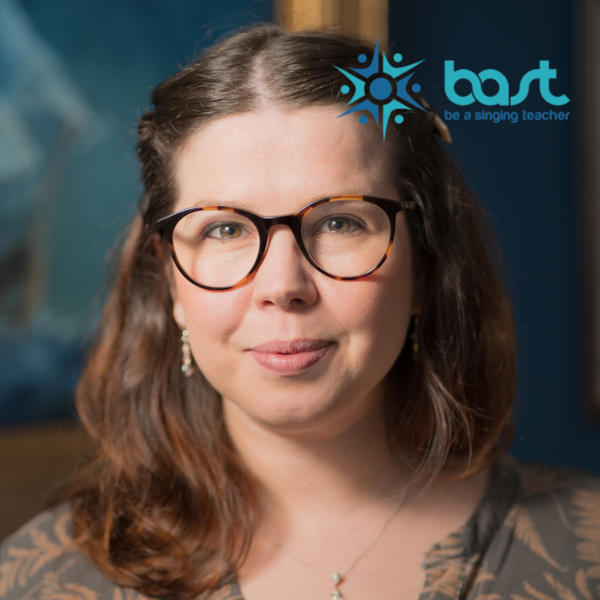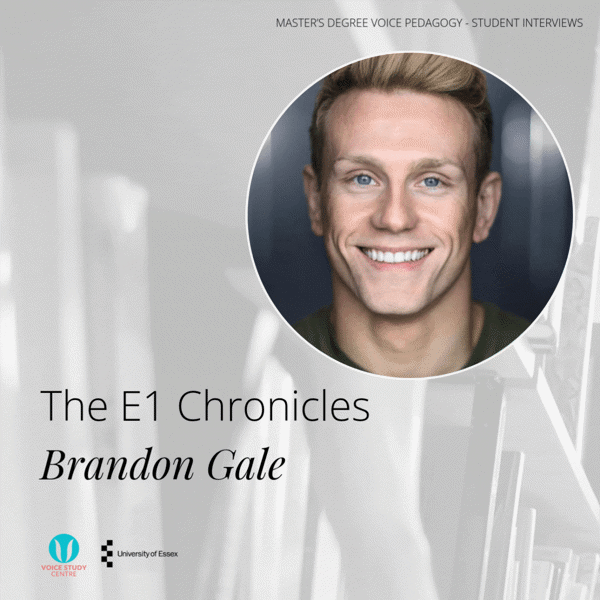Theory, defined by Wacker (1998) as being made up of 'conceptual definitions, domain limitations, relationship-building and predictions', is an important driver of practice (Brinegar et al., 2022). Without it, practice can become dull or dangerous (Wacker, 1998).
As practitioners in our field, we are continually putting theory into practice. That may be making a decision based on our repeated observations, previous experiences or dialogue with colleagues and peers. We constantly undertake essential ‘micro-research’ with students, colleagues and peers. We find ourselves listening, questioning, designing, applying, evaluating and reflecting to enable generalised theory to become useful and productive practice.
With our researcher hats on, however, we start to think critically about theory, be it already established, or our own theory. We ask questions which may prove vital to the understanding of how the theory informs practice and how that may be extended or adapted. Initially we may undertake research based on our own area of interest, our own perceived need, or that of our students/clients.
What happens after the individual research project?
For the solo researcher-practitioner working to improve their own practice, the implementation of practical results can lead to moments of uncertainty as established processes change. These may be reduced through continual reflection, refinement of approaches, or perhaps extending the approach to aspects of technique that share common ground.
When taking evidence-based practice into a wider sphere, the question stops being ‘what works?’, and instead becomes ‘What works for whom in what circumstances?’.
Joyce and Cartwright (2019) argue that bridging the gap between research and practice requires more than topically relevant research or more detailed plans for implementation and adaptation – it requires research that is relevant to locally identified need.
Research-Practice Partnerships
Research-Practice Partnerships (RPPs) are long-term collaborations between educators and educational researchers which aim to bridge the gap between research and practice (Coburn and Penuel, 2016).
The two most common RPP subcategories:
| Research Alliances | Design Research Partnerships |
|---|---|
These seek to investigate problems relevant to the local context and increase understanding. |
These seek to investigate problems relevant to the local context, emphasising designing solutions. |
Interest and investment in partnerships between research and practice continue to increase. In a systematic review of RPPs, Sjölund et al (2022) found that research can be:
- Applied to inform methods of intervention, or
- Be used as the content of an intervention to facilitate teacher learning.
They go on to argue that using research in interventions improves teachers’ opportunities to participate in the generation of research evidence, and therefore achieve a more democratised evidence system.
The successful creation of an RPP produces two main challenges (Henrick et al., 2017; Tseng et al., 2017).
- How to choose between different ways of using research in RPPs to influence practice (Wentworth et al., 2017). Research-based instructional methods and models can be used to directly influence practice, or research findings can be used to challenge assumptions on teaching and learning.
- How best to incorporate practitioners more in the generation of research evidence (Farrell et al., 2021). The engagement of practitioners in the process of research evidence generation is a vital element of RPPs in order to produce research that is more relevant to practice (Farrell et al., 2021; Tseng et al., 2018).
For the individual researcher-practitioner, expanding evidence-based practice beyond a single project may be most easily achieved by the creation of an RPP.
If the creation of evidence becomes a more democratic process (a result of equal input from researcher and teacher/practitioner groups), this may help to promote successful investment and commitment to the process.
So the answer to the question ‘what happens after the individual research project?’ may well be the establishment of research-practice partnerships which result in evidence-based practice designed specifically to tackle a locally identified need.
If more widely established, they have the potential to expand the culture of researcher and practitioner collaboration.
References:
Brinegar, K. M., Harrison, L. M. and Hurd, E. (2022) ‘Moving from theory to practice: A critical approach’, Middle School Journal, 53(3), pp. 2-3. doi: 10.1080/00940771.2022.2047576
Coburn, C., Penuel, W. and Geil, K. (2013) Research-practice partnerships: A strategy for leveraging research for educational improvement in school districts. (0277-4232). W. T. G. Foundation.
Coburn C. E. and Penuel W. R. (2016). ‘Research–practice partnerships in education: Outcomes, dynamics, and open questions’, Educational Researcher, 45, pp. 48–54.
Farrell, C. C., Wentworth, L., and Nayfack, M. (2021). ‘What are the conditions under which research-practice partnerships succeed?’, Phi Delta Kappan, 102(7), pp. 38–41. doi.org/10.1177/00317217211007337
Henrick, E. C., Cobb, P., Penuel, W. R., Jackson, K., and Clark, T. (2017) Assessing research-practice partnerships: Five dimensions of effectiveness. William T. Grant Foundation.
Joyce, K.E. and Cartwright, N. (2019) ‘Bridging the gap Between Research and Practice: Predicting What Will Work Locally’, AERA, 57(3).
Sjolund, S., Lindvall, J., Larsson, M. and Ryve, A. (2022) ‘Using research to inform practice through research-practice partnerships: A systematic literature review’, BERA. 10(1).
Tseng, V., Easton, J. Q., and Supplee, L. H. (2017) ‘Research-practice partnerships: Building two-way streets of engagement’, Social Policy Report, 30(4), pp. 1–17. doi.org/10.1002/j.2379-3988.2017.tb00089.x
Wacker, J.G. (1998) ‘A definition of theory: research guidelines for different theory-building research methods in operations management’, Journal of Operations Management. 16. pp. 361-385.
Wentworth, L., Mazzeo, C., and Connolly, F. (2017) ‘Research Practice Partnerships: A strategy for promoting evidence-based decision-making in education’, Educational Research, 59(2), pp. 241–255. doi.org/10.1080/07391102.2017.1314108
Claire Thomas
Claire is a singer, singing teacher and voice researcher. She currently lectures in singing on the Musical Theatre programmes at The Royal Conservatoire of Scotland and runs a private singing studio just outside Edinburgh.





